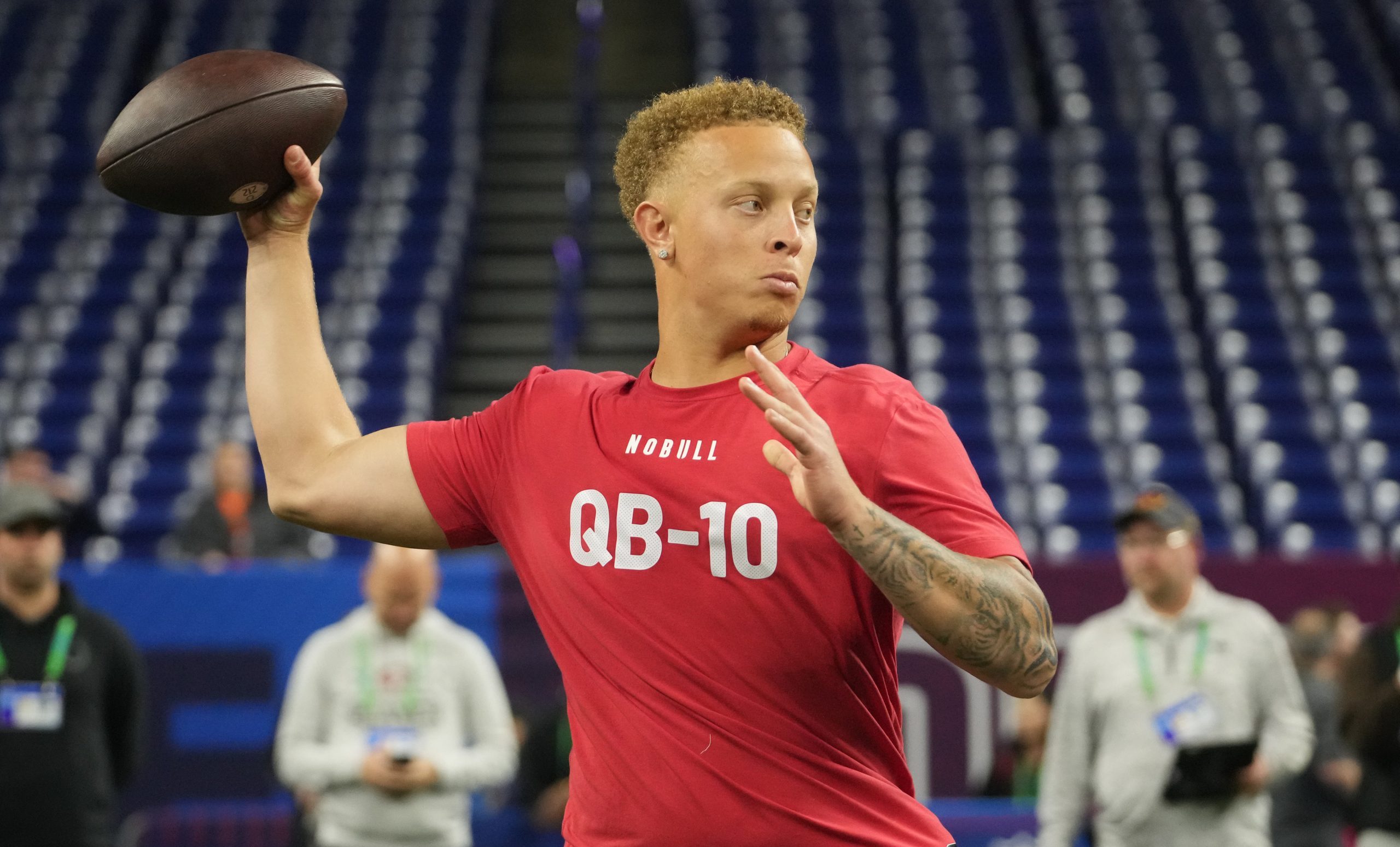For as much as has been made about the offer the Pac-12 got from Apple which led to the conference’s collapse in recent weeks, it wasn’t even the best offer the conference got over the last year.
Per John Canzano and his Bald Faced Truth newsletter, ESPN made an offer of $30 million per school annually last fall for the Pac-12’s entire media rights package and the Pac-12 Network.
The Pac-12’s board reportedly turned the offer down and demanded more money. That went well.
The Pac-12 got an offer of $30 million per school from ESPN in the fall of 2022. It included all the conference’s media rights, including the Pac-12 Network. But the conference presidents and chancellors believed they could do much better.
The board instructed Kliavkoff to reject ESPN’s proposal and make a lopsided counter-offer. The commissioner should have pushed back and managed expectations in the room. He should have been more tuned into the eroding media landscape. Kliavkoff followed the order and the consequences were grave.
Canzano follows that up by stating a source told him the Pac-12 demanded $50 million per school annually from ESPN, which was a non-starter.
There’s likely some truth to these rumors. Last summer, Canzano reported that ESPN and the Pac-12 had “productive” discussions. A month later, the New York Post reported that ESPN and the Pac-12 were “hundreds of millions” apart on a potential rights deal, which fits with the conference demanding an extra $20 million per school each year (which checks out at $200 million annually as a conference).
Earlier this week, John Ourand of the Sports Business Journal noted that the Pac-12 turned down “a significant package” from ESPN a year ago, and that the network’s final offer was “a small bid.”
With the benefit of hindsight, it’s startling how badly the Pac-12 flubbed these negotiations. $30 million annually per school from ESPN would have been fine. It likely would have gotten over the line at about the same time as the Big 12’s new deals with ESPN and Fox, paying an average of $31.7 million annually to each school. If the Pac-12 was so concerned about matching or exceeding the Big 12’s annual fee, would ESPN have kicked in another $2 million per school to get there?
And while the four schools still left in the Pac-12 seem completely screwed for now, the six that left (excluding UCLA and USC, who left before these negotiations really hit the fan) aren’t in a much better financial position in the short-term than they would have been if the Pac-12 just agreed to that ESPN deal. Arizona, Arizona State, Colorado, and Utah will make the same $31.7 million annually as the rest of the Big 12’s schools via the conference’s new media rights deals. Oregon and Washington won’t be getting a full share of the Big Ten’s current media rights deals with CBS, Fox, and NBC (but per Canzano, they will be getting a full share in the *next* rights agreement several years down the road), and will be paid an estimated $35 million annually each during the existing Big Ten deals.
Overall, that comes out to roughly $30 million extra through 2030 for the two new Big Ten schools and roughly $10 million extra through 2030 for the four new Big 12 schools. There’s a big difference between getting $30 million annually from ESPN and between $22 million and $25 million (plus escalators!) from Apple, not to mention the added exposure the conference would get from ESPN’s linear and digital platforms compared to Apple’s streaming-only offering.
Now that the dust has settled, it seems pretty evident that the Pac-12 misplayed their hand to a staggering degree.







